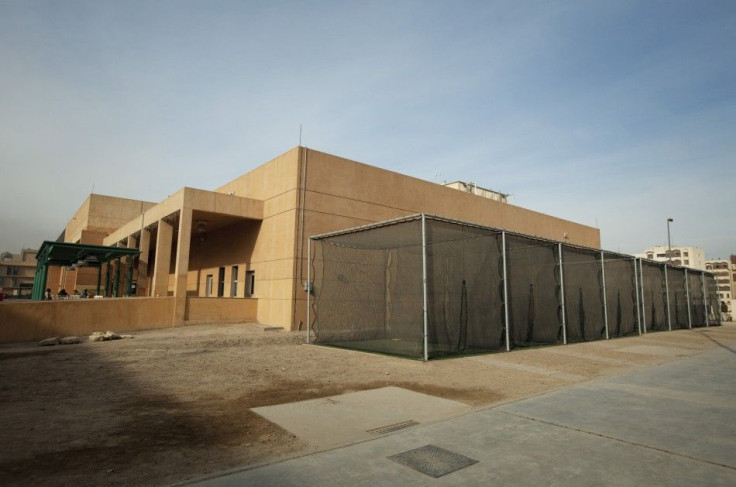In Reversal, U.S. will Shrink Massive Iraq Embassy

The State Department plans to drastically reduce the size of its diplomatic mission in Iraq, a decision that reflects America's sharply diminished influence in the absence of troops.
When President Barack Obama marked the departure of U.S. forces from Iraq in December, the State Department planned to maintain a presence of between 16,000 and 17,000 diplomatic personnel. But The New York Times reported on Tuesday that officials were planning to cut that number by as much as half, an acknowledgment of diplomats' limited effectiveness in a country that views the sustained American presence with suspicion and sometimes hostility.
The Department of State and the Embassy in Baghdad have been considering ways to appropriately reduce the size of the U.S. mission in Iraq, primarily by decreasing the number of contractors needed to support the embassy's operations and hiring more Iraqi staff, the Times quoted embassy spokesman Michael W. McClellan saying in a statement.
The massive number of diplomats also required a small army of more than 5,000 privately contracted security personnel. American military contractors became a potent source of Iraqi distrust, particularly after guards working for the firm then known as Blackwater gunned down 17 Iraqis in 2007.
The problem is with the contractors, with the security arrangements, Iraqi Foreign Minister Hoshyar Zebari told the Times.
Perception of a Military Presence
Other incidents fed the perception that America was maintaining a military presence in Iraq, including the emergency landing of a helicopter operated by the U.S. Embassy in late January.
U.S. lawmakers and former diplomats had also advocated shrinking the embassy, pointing to a $6 billion annual cost at a time of soaring debt and domestic program cost-cutting. The sprawling 104-acre embassy, which opened in January 2009, cost more than $700 million to build and is the world's largest.
We're told by a lot of the Republican Party that we can't even get disaster relief unless we take it out of some other program in the United States, maybe education or health care or something like that, Sen. Patrick Leahy, D-Vt., told The Huffington Post in September. I think it's about time that we started thinking more about money for Americans, more than we do for Iraq or Afghanistan. It's upside down.
© Copyright IBTimes 2025. All rights reserved.





















